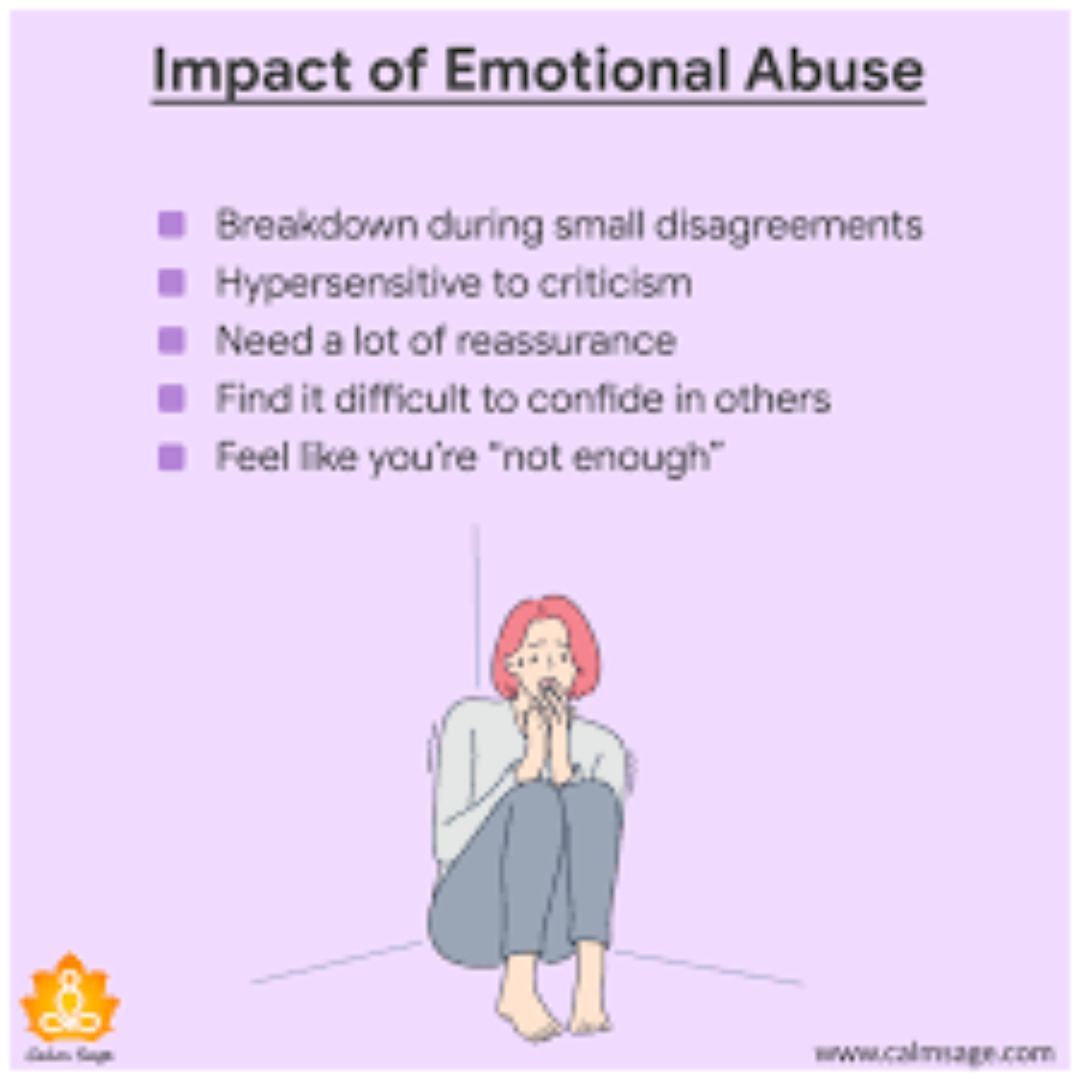The Impact of Emotional Abuse
- Home
- /
- Blogs
- /
- Anxiety & Stress
- /
- The Impact of Emotional Abuse

Everyone’s past has a way of sticking around with them. While it is possible to move forward again, the past helps mold and shape you into who you are today. Unfortunately, those include both positive and negative life events.
Emotional abuse typically occurs in children. It’s a type of abuse that is usually brought on by a child’s primary caretaker. Instead of caring for the child and giving them attention and love, they tend to isolate, ignore, or even try to embarrass the child instead.
Unsurprisingly, these behaviors and actions can stay with someone into their teenage years and adulthood. Let’s learn more about the impact of emotional abuse and how it impacts you.
Short-Term Effects
When someone goes through emotional abuse, it can be hard to realize that something is wrong or that what’s happening isn’t your fault. It may take someone quite some time to realize they’re going through emotional abuse. They may even experience similar feelings as someone going through grief. At first, they may experience confusion, denial, fear, hopelessness, and even shame.
These are some of the most common short-term physical and behavioral signs and symptoms that are associated with emotional abuse:
- Body aches and pains
- Difficulty concentrating
- Increased heart rate
- Moodiness
- Muscle tension
- Nightmares
- Regression in children
- Social withdrawal and isolation
- Sleeping problems
Long-Term Effects
Emotional abuse, especially emotional abuse that is left untreated, can lead to long-term effects. Emotional abuse can be just as painful for someone as physical abuse can be. These are some of the long-term effects of emotional abuse:
- Anxiety
- Chronic pain
- Depression
- Eating disorders
- Headaches
- Heart disease
- Insomnia
- Mental health issues
- Low self-esteem
- Obesity
- Sense of guilt
- Social isolation
- Substance use and abuse
Emotional Abuse and PTSD
Emotional abuse can lead to worsening mental health issues like post-traumatic stress disorder (PTSD). This may not be the case for every single person who experiences emotional abuse, but it’s likely to happen. Each case of emotional abuse is unique to each individual. Some different causes and factors can impact how a person and their body and brain respond to emotional abuse. These are some of the most common signs and symptoms of post-traumatic stress disorder from emotional abuse:
- Bed-wetting in children
- Emotional outbursts
- Flashbacks
- Increased heart rate
- Insomnia
- Needy or clinginess
- Negative view of themselves, others, and the world
- Nightmares
- Regression in children
- Startled easily
Next Steps
As soon as you or a loved one recognizes signs of emotional abuse, it’s extremely important to reach out for additional support. The longer that the emotional abuse occurs without seeking support, the worse the signs and symptoms may be. No matter when the emotional abuse occurs, it is possible to overcome it. There are certain lifestyle changes that you can implement when you’re ready to start the process of healing.
It’s important to know that even though you may feel alone right now, you’re not alone. Lean on your loved ones. Let them know what you need from them during this time so they can show up for you however needed. If you don’t feel like you can talk to a close friend or family member, consider reaching out for additional support from a licensed and trained mental health professional. A therapist will be able to work with you to help you get to the root cause of the emotional abuse and help you navigate the signs and symptoms you may be struggling with. Don’t delay in getting the help you need and deserve. Reach out today to set up a consultation for trauma therapy.
